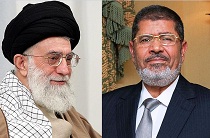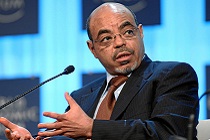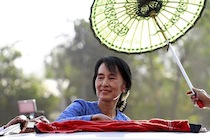India’s Tunisia moment
India’s governance and newest social revolution, led by the country’s youth and middle class, is being watched by the world. But will the incumbent government be able to respond with emotion and convert the movement into tangible policies and institutionalise them? Manjeet Kripalani blogs








